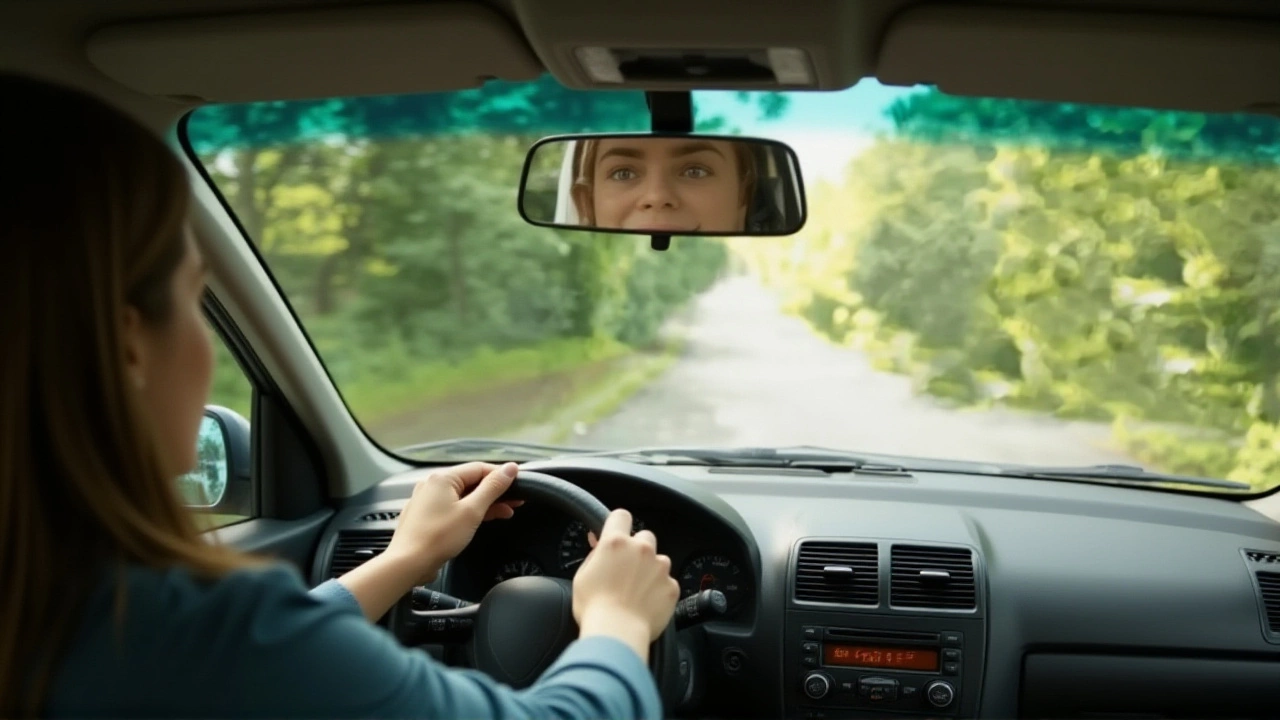
When Driver and Vehicle Licensing Agency announced it had barred more than 3,400 registration combos for the upcoming 2025 plates, motorists across the United Kingdom took notice.
The first batch, known as the 25 series, rolled out on November 5, 2024. A second wave, the 75 series, is slated for May 2025, covering registrations from September 1, 2025 onward.
Why the Ban Matters
“Our road‑signs are for identification, not for political statements or crude jokes,” said a DVLA spokesperson, echoing concerns raised by Mark Harper, Transport Secretary. The agency uses Freedom of Information data to sweep through every possible alphanumeric permutation, pulling out anything that could be seen as offensive, violent, or politically charged.
In total, the prohibited list includes nine wildcard ranges—each indicated by asterisks where any character can fill the gap. For example, **25 HAG blocks every plate ending in "HAG," a term that can allude to sexual activity. Similar groups like **25 LAG, **25 LUT, **25 PAS, **25 PAZ, **25 RUS, **25 TAB, and **25 UKR were also excised.
Scope of the 2025 Bans
- War‑related plates: AR25 WAR, EU25 WAR, GB25 WAR, GO25 WAR, WA25 WAR, MA25 WAR, YE25 WAR, TE25 ROR – all rejected to avoid linking vehicle IDs to current conflicts.
- Sexual and perverse references: PE25 RVT, PE25 VRT (sounding like “pervert”), WA25 TED, JU25 NAS, BA25 TUD.
- Ableist slurs: PS25 CHO, PU25 MAD, CR25 PLE, CR25 PPL, plus the **25 PAS and **25 PAZ clusters.
- Drug and violence allusions: DD25 UGD, DD25 UGG, DD25 UGS, various **25 TAB entries.
Each of these combinations, whether a single plate or an entire swath of possibilities, is filtered out before the plates ever reach a showroom floor.
How the DVLA Filters Registrations
Behind the scenes, a custom algorithm scans every future‑available registration against a blacklist maintained by the agency’s policy team. When a match is found, the system automatically flags the entry. Human reviewers then double‑check borderline cases—especially those that hinge on evolving slang or geopolitical events.
For instance, the agency flagged "EU25 WAR" shortly after heightened tensions in Eastern Europe, erring on the side of caution. Similarly, the ban on "**25 HAG" came after a public inquiry highlighted how the term could be misinterpreted in a driving context.
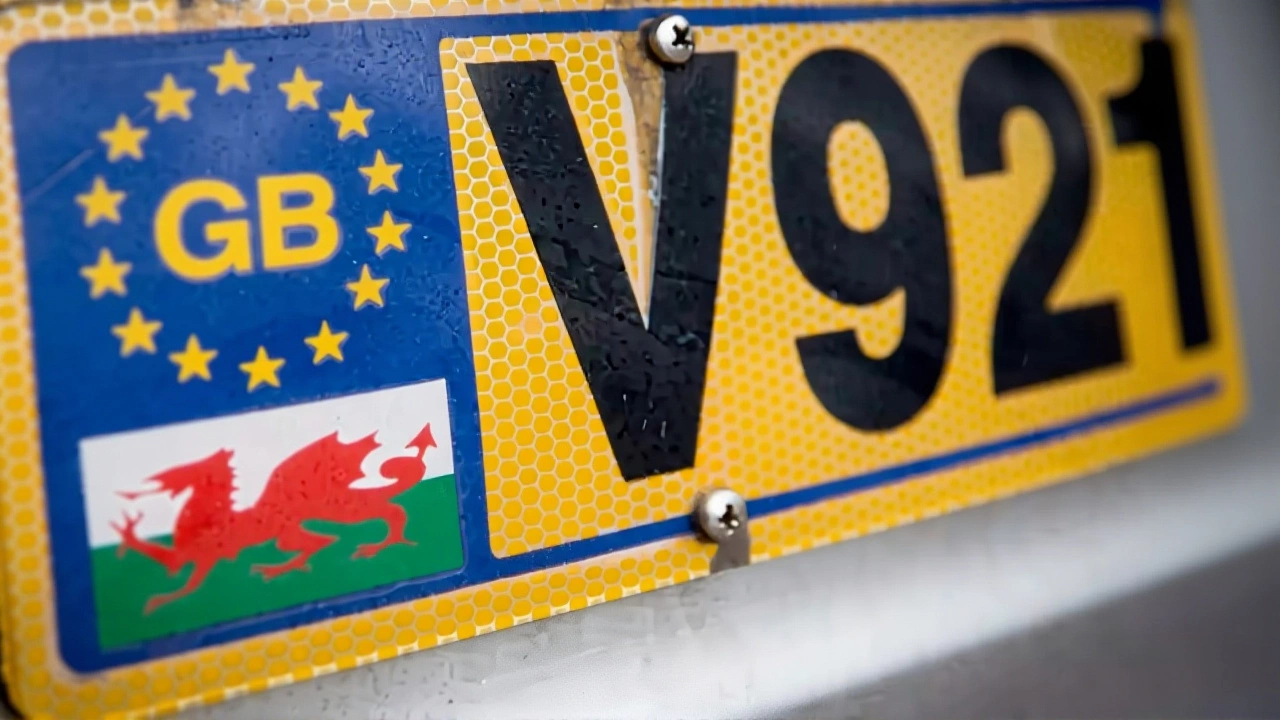
Reactions from Drivers and Advocacy Groups
Reaction has been mixed. Some motorists, like a London‑based car enthusiast, complained that the bans limit personal expression: “I wanted a cheeky plate for my rally car, but now it’s gone.” Others, including the charity Disability Rights UK, welcomed the removal of ableist slurs, calling it a "small but meaningful step" toward inclusive public spaces.
Political commentators have praised the move as “responsible regulation,” while civil‑liberties advocates warn against over‑reach, urging clear guidelines to prevent subjective judgments from creeping into future bans.
What Drivers Need to Know
If you’re applying for a new plate in the 2025 series, make sure your desired combination doesn’t fall into any of the banned categories. The DVLA’s online lookup tool now flashes a warning when you type a prohibited string, saving you a costly re‑submission.
Should you receive a rejection, you can request a formal explanation. The agency typically cites the specific policy clause—whether it’s about “offensive language” or “political sensitivity”—that triggered the denial.
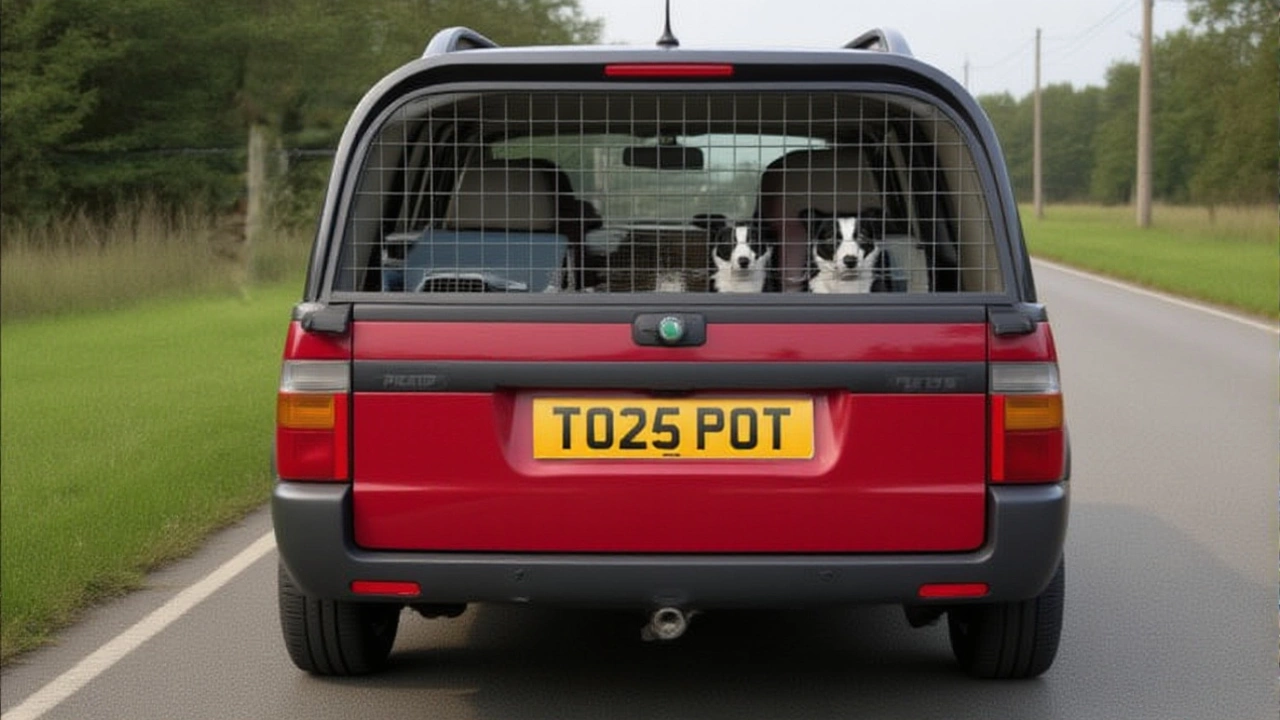
Future Outlook
The DVLA repeats this pruning twice a year, meaning the next review will happen ahead of the 75 series launch. Industry insiders predict even tighter scrutiny as social media accelerates the spread of meme‑style plates.
Meanwhile, the Department for Transport is reportedly drafting a more transparent “plate‑approval charter,” which could list prohibited words and provide a public appeals process. If passed, drivers would have clearer expectations and a formal avenue to challenge decisions.
Key Takeaways
- Over 3,400 registration combinations blocked for 2025.
- Offensive, war‑related, ableist, drug‑related, and sexual references are the primary targets.
- DVLA uses automated and manual review to enforce the bans.
- Drivers should use the online tool to pre‑check desired plates.
- Potential policy revisions may increase transparency in the future.
Frequently Asked Questions
How many number plate combinations were banned for the 2025 series?
The DVLA confirmed that more than 3,400 specific registrations, including entire wildcard ranges, have been blocked for the 2025 "25" and upcoming "75" series.
What kinds of content does the DVLA consider offensive?
The agency targets plates that reference war, sexual activity, drug use, violence, ableist slurs, or any phrasing that could be read as a political statement or social commentary.
Can I appeal a rejected number plate request?
Yes. Applicants can request a formal explanation and, if needed, lodge an appeal with the DVLA, citing the specific policy clause that led to the denial.
Will the upcoming 75 series face similar bans?
The DVLA conducts a bi‑annual review, so the 75 series, due in May 2025, will undergo the same screening process. Expect comparable numbers of prohibited combos.
How can drivers check if a plate is allowed before applying?
The DVLA’s online registration lookup flags prohibited strings in real time. Enter your desired characters, and the system will warn you if the combo falls under any banned category.
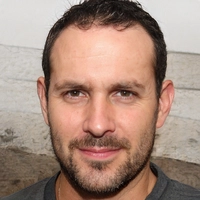
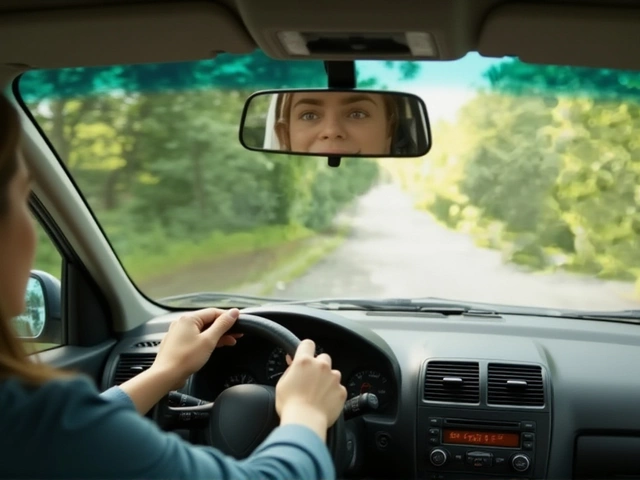
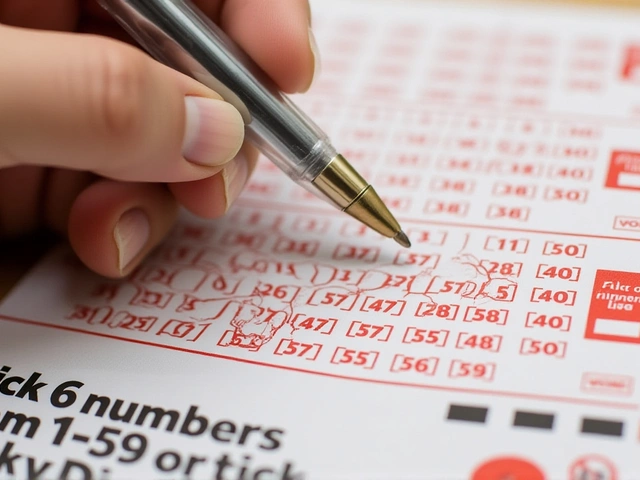



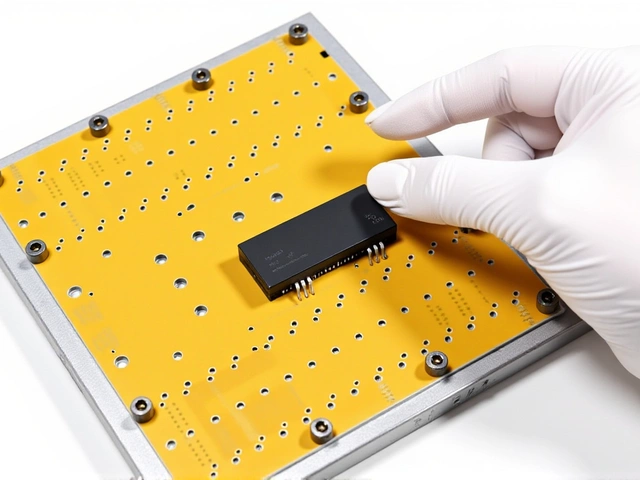

Write a comment